Texas A&M AgriLife Research and Extension Center in Corpus Christi celebrates 50 years serving Coastal Bend
Anniversary event highlights past, present, future regional impacts
From cotton boll weevil eradication to aquaculture genomics to advancing digital agriculture and artificial intelligence, the Texas A&M AgriLife Research and Extension Center at Corpus Christi has spent the past 50 years working to benefit area agricultural producers and agribusinesses.
The center celebrated its 50th anniversary and significant contributions to agricultural research and extension with a commemorative event May 23.
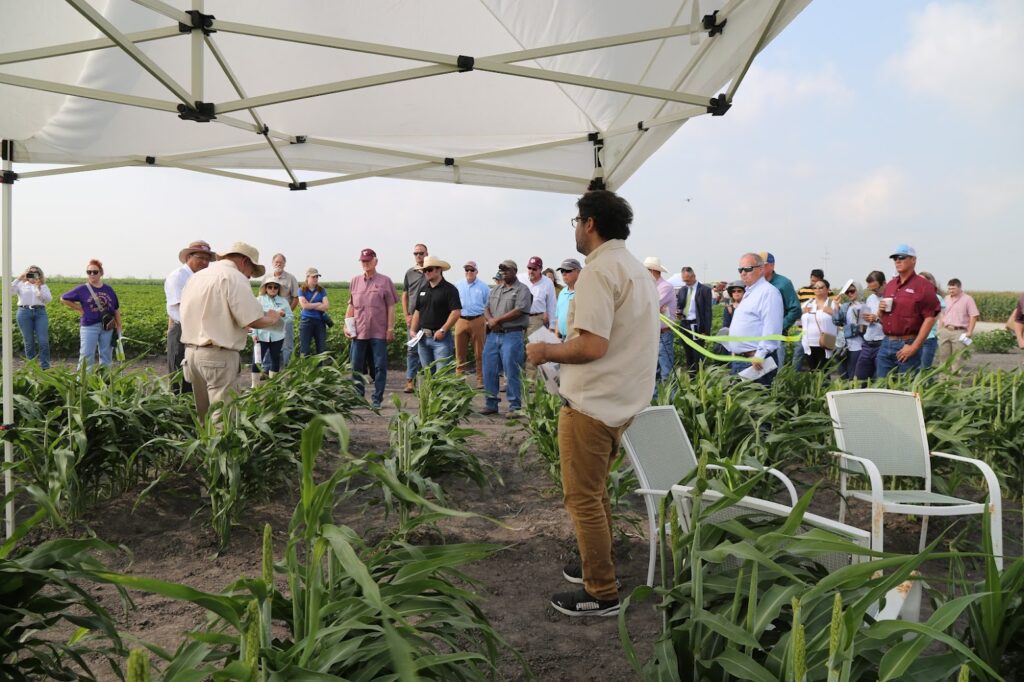
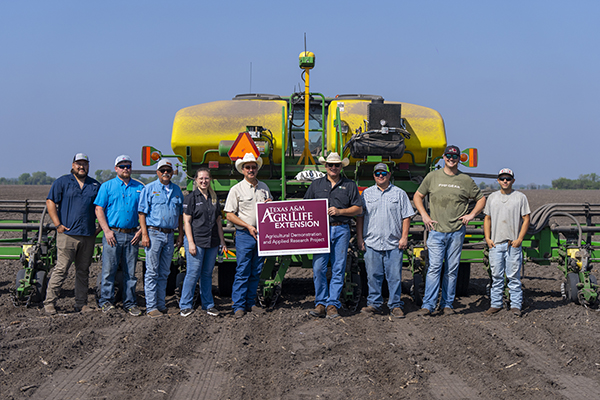
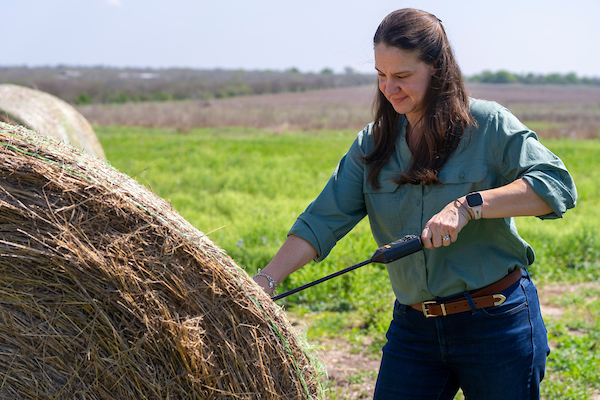
Dozens of guests attended a day of field tours and demonstrations relating to the center’s leading-edge research in soil health, field crop entomology, digital agriculture, agronomy, plant diseases and cotton genetics.
“This occasion symbolizes a half-century of dedicated service to the community, embodying our commitment to educating and empowering individuals on matters of agriculture and health,” said Juan Landivar, Ph.D., center director. “It has been our privilege to serve the people of the Coastal Bend area for the past 50 years, and we look forward to serving for many more years to come.”
About the center
The Texas A&M AgriLife Research and Extension Center at Corpus Christi is led by Texas A&M AgriLife Research, the state’s premier agency in agriculture, natural resources and life sciences research. The center opened in 1974, with the initial facilities built on 50 acres donated by scientist Ruth Weil, Ph.D., in memory of her husband, Sylvan Weil.
Today, the center serves one of the most diverse regional economies in Texas with AgriLife Research and Texas A&M AgriLife Extension Service faculty members providing leading-edge research and technology as well as services in agriculture, natural resources and life sciences. It also oversees and collaborates with the Flour Bluff Research Station and Beeville Research Station.
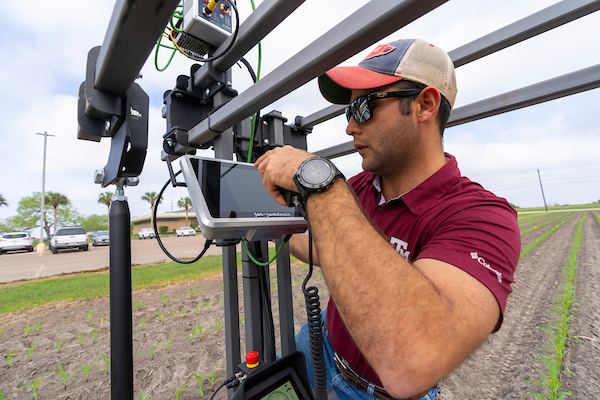
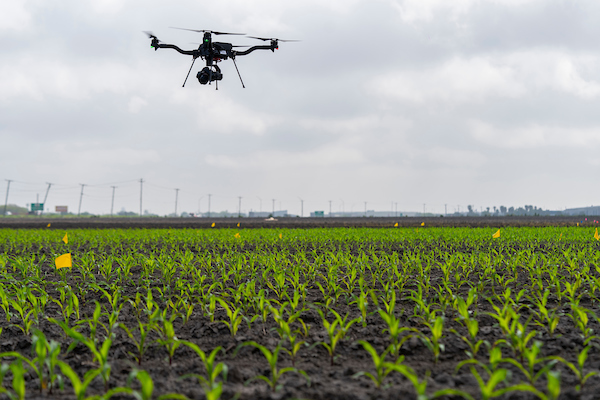
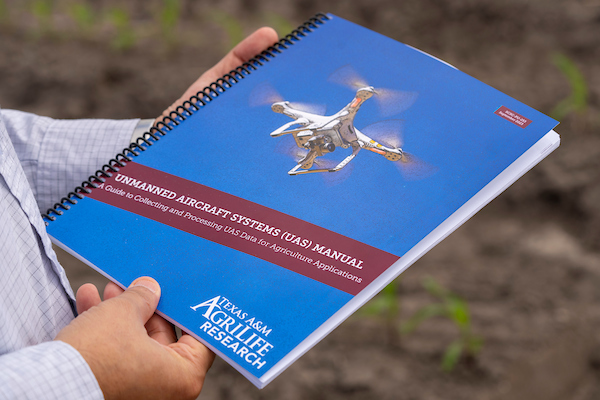
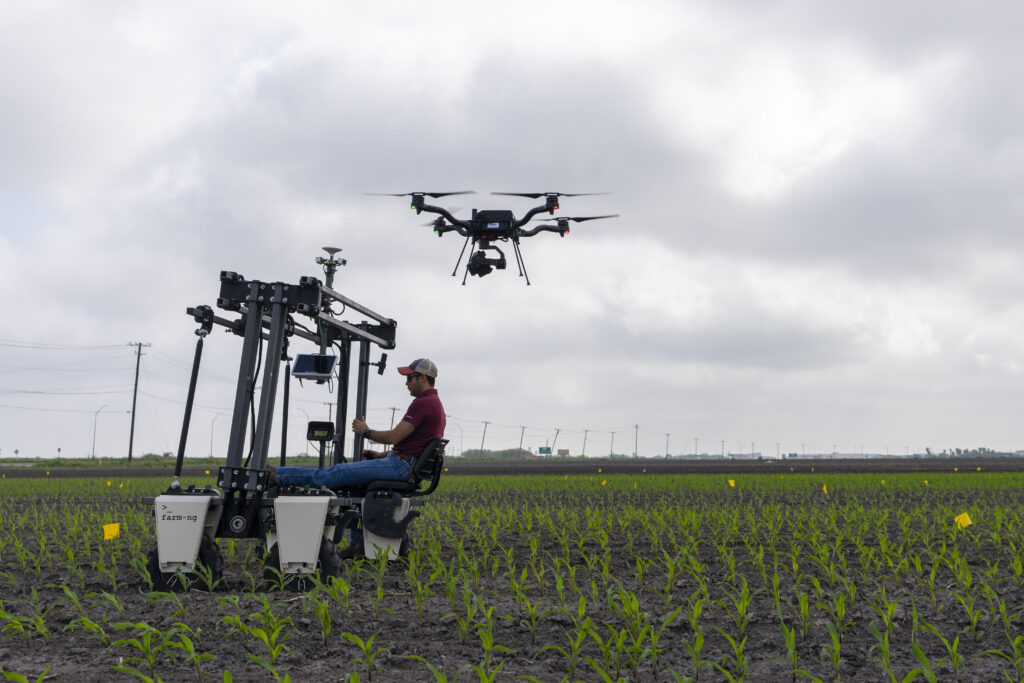
Texas A&M AgriLife programs at the center benefit area agricultural producers and agribusiness through:
- Irrigated production systems for cotton, corn and grain sorghum as well as specialty field crops such as soybean, sunflower, sesame and safflower.
- Digital agriculture and artificial intelligence.
- Beef cattle adaptation and grazing traits for subtropical environments.
- Genomics-based breeding for aquaculture of eastern oysters in Texas.
- Insect and disease management.
- Natural resource conservation.
- Platforms for in-season crop management and yield forecasting.
- Commercial oyster production systems.
- Farm and ranch runoff challenges and marine life impacts.
Outreach efforts from farm to fork to youth development
AgriLife Extension has made significant contributions to the eradication of the cotton boll weevil and helping producers adopt best management practices and production methods based on the science and research from the center, said Donnie Montemayor, AgriLife Extension district administrator.
AgriLife Extension county agents and specialists helped introduce producers to new cotton varieties to improve the quality and profitability of the crop. They also ensured new agricultural pest management techniques to support the highly productive sorghum crop have been adopted in the area through many years of result demonstration work.
“Support of the AgriLife Extension county network over the past 50 years significantly moved the land-grant mission forward, maintaining non-biased research and disseminating outreach to our agricultural community,” he said. “The researchers and specialists worked with local industry stakeholders and county agents to address the issues targeted by the center’s establishment.”
AgriLife Extension specialists also supported a “total ranch management approach” for managing beef, forage and wildlife to better utilize rancher resources and increase profitability, he said.
AgriLife Extension efforts at the center were also focused on supporting regional youth development and community health efforts, he said.
“The 4-H and youth development program in District 11 continues to thrive and can be attributed to the many years of agent and specialist support in addition to the volunteer leadership,” Montemayor said. “Traditional livestock and food and nutrition projects along with the shooting sports program are popular project areas as is the 4-H National Food Challenge.”
The Texas A&M AgriLife Healthy South Texas initiative was also established in this region, which added the agency’s first health agent in the state. Healthy South Texas provides significant outreach to a non-traditional audience promoting information on a preventive approach to health and wellness, saving area residents in health costs through its outreach.
Recognizing leaders in center research
Landivar said the mission of the center has been to conduct research that sustains and enhances the environment, promotes the formation of new leaders, and contributes to economic growth of the Coastal Bend region of Texas and beyond. The work of the dedicated scientists who contributed to past and present agricultural improvements in the area include:
- Introduction and evaluation of new crop species to the region, along with extensive cultivar evaluations of traditional crops such as cotton and sorghum.
- Research on host plant resistance of crops and management of key pests to area crops.
- Implementation of the Boll Weevil Eradication Program and its subsequent management.
- Research to demonstrate the effectiveness of transgenic cottons for the control of pests.
- Conservation tillage, including research on crop rotation and soil fertility.
- Evaluation of sorghum genotypes for commercial evaluation and disease resistance.
“The Boll Weevil Eradication Program and introduction of transgenic cottons are considered fundamental technologies responsible for maintaining the profitability of the U.S. cotton industry,” Landivar said.
Texas A&M AgriLife recognized the program with a special award for impact in January 2024.
During the event, Landivar acknowledged the contributions of all administrative and support staff as well as former center director Robert “Bobby” Edelmann, Ph.D., for transitioning the center from what was primarily a cultivar testing unit into its current status as a modern, high-technology research center.
“Bobby led programs demonstrating that cropping systems conserve our natural resources and are profitable for the producer,” Landivar said. “More importantly, he demonstrated cropping systems used in the Coastal Bend area are environmentally sound and do not contaminate our waterways.”
Addressing the future of agriculture in the Coastal Bend
Future agricultural production systems face challenges ranging from climate variability and fewer water resources to increased production costs and declines in the agricultural workforce.
Using advanced technology such as digital twin-based platforms, the center creates digital versions of physical objects to predict how they respond to conditions. Advancing these systems could contribute significantly to the profits of South Texas and statewide producers along with the broader Texas industry including ginners, seed, chemical, equipment and other support service companies, and rural Texas communities.
For the beef cattle industry, researchers at the center are working toward genetic selection advances to reduce production costs. Researchers are developing new genetically focused fitness traits and improvement programs for cow/calf sustainability that will generate an approximate 10% cost reduction per cow. This advancement represents a potential $1 billion savings to cattle producers in Texas and surrounding states.
The center is also home to other advancements that will improve sustainability for aquaculture producers.
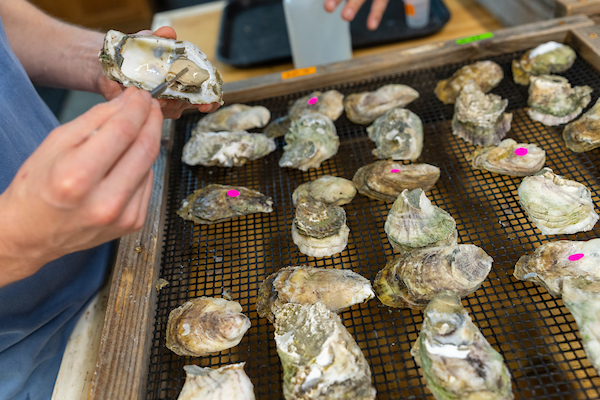
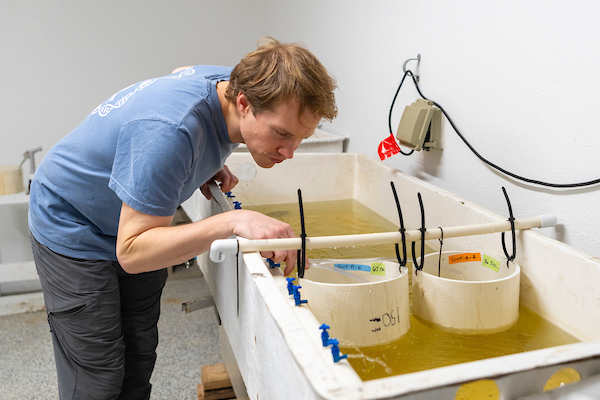
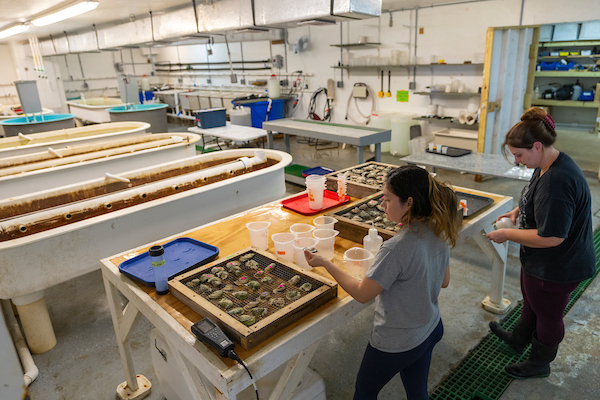
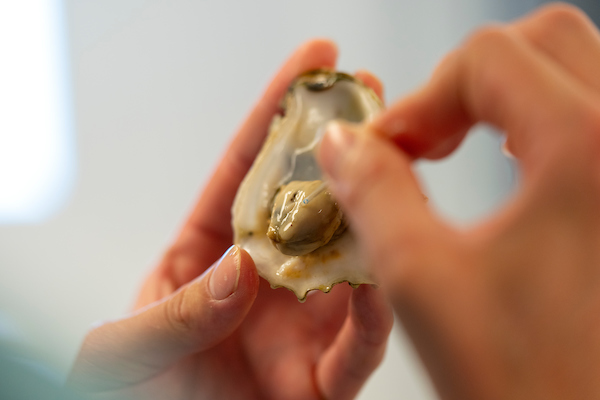
In 2019, Texas passed a law permitting commercial aquaculture of oysters in state waters and allowing for the establishment of oyster farms beginning in 2021. The center has been involved in efforts to help provide enough robust seed oysters that grow quickly to market size to increase production and profitability for the industry.
Center aquaculture researchers estimate they can produce a 10%-15% per oyster generation rate of improvement through selective breeding advances. These efforts could help accelerate industry expansion through increased annual production, more employment opportunities and the opportunity for Texas aquaculture firms to enter larger markets.
“For five decades, our efforts at the center have focused on the needs of Coastal Bend producers and communities,” Landivar said. “We’ve helped agricultural operations and residents navigate life and business challenges through innovation, science-based information and forward-thinking approaches. We look forward to continuing to serve those needs and to help create solutions for the Coastal Bend in the coming years and decades.”





